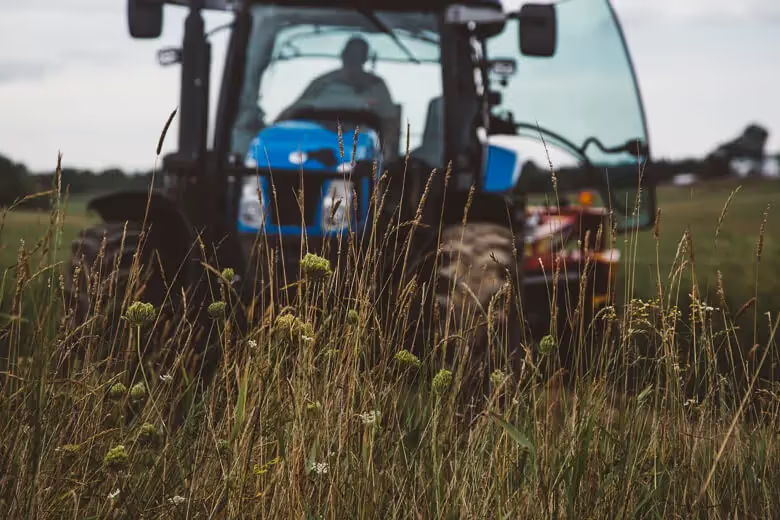
December 12, 2018
|
Rachel Keidan
After several months of negotiations, the 2018 Farm Bill Conference Committee just released a final version of the bill that includes many of MFT’s priorities to better support farmers and farmland protection in Maine. Both the Senate (87-13) and the House ( 369 Y, 47 N, 17 NV) voted to pass the bill.
Here is how MFT’s priorities for Maine farms fared in the final bill:
1. Maintain both the Senate and House farm bills’ increases in funding for the Agricultural Conservation Easement Program (ACEP) to support the placement of agricultural easements in Maine that protect farmland and make land more affordable for the next generation of farmers.
2. Maintain the Senate farm bill’s increase in funding for the development of local and regional food economies through the establishment of the Local Agriculture Market Program (LAMP).
3. Maintain the Senate farm bill’s increase in funding for the Beginning Farmer and Rancher Development Program (BFRDP), which provides competitive grants to academic institutions, state extension services, producer groups, and community organizations to support and train new farmers and ranchers.
4. Reduce funding cuts to the Environmental Quality Incentives Program (EQIP) and the Conservation Stewardship Program (CSP) so that farmers have the necessary support to address natural resources concerns on their property while keeping their land in production.
5. Maintain the Senate and House farm bills’ increase in funding for the Food Insecurity Nutrition Incentive (FINI) Program to increase access to local fresh fruits and vegetables for SNAP recipients, and expand markets for farmers.
6. Maintain the Senate farm bill’s Buy-Protect-Sell provision so that lands trusts can act quickly using ACEP-ALE dollars to protect vulnerable farmland and then sell the land to a farmer.
7. Maintain the Senate farm bill’s increase in funding for the Organic Agriculture Research and Extension Initiative (OREI), which supports research projects that address the most critical challenges facing organic farmers.
8. Maintain the Senate farm bill’s increases in funding levels for Farm Service Agency (FSA) direct and guaranteed loans.
Many of these important provisions are taken from legislation that was sponsored by Maine Congresswoman Chellie Pingree and Maine Senator Susan Collins. We are very grateful to all of Maine’s congressional delegation for their efforts to create a farm bill that works for Maine agriculture, and to all of you who shared your voices with your delegates!
While much of this Farm Bill is a step in a positive direction, there are many challenges ahead. You can help shape the future for farming by making a gift to support our work in Maine! Give here.
Sign up for our monthly email newsletter.